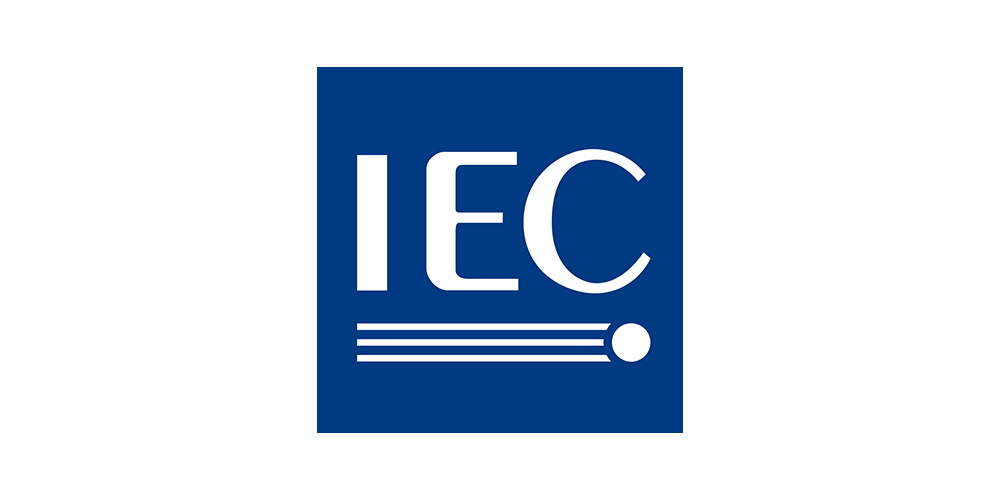The International Electrotechnical Commission (IEC) is a quasi-governmental, non-profit organization established in 1906. Its primary role is to develop consensus-based international standards for electrical and electrotechnical products. Along with the International Organization for Standardization (ISO), which handles the preparation of international standards globally, and the International Telecommunication Union (ITU), which sets international standards in telecommunications, IEC organizes the World Standards Cooperation (WSC).
The IEC involves up to 20,000 experts from various companies, industrial enterprises, research institutes, and government organizations worldwide. The organization comprises 174 Technical Committees and over 1,000 Working Groups. The work of these experts focuses on ensuring the safe use and operation of products, systems, and equipment; promoting energy efficiency; protecting the environment; minimizing risks to human health and safety; and advancing electrical engineering by applying the latest technical innovations and solutions. Countries are represented in the organization through their National Electrotechnical Committees.
Since July 2017, the Azerbaijan Standardization Institute has been part of the IEC’s Affiliate Country Program, established in 2001 at the initiative of the WTO for developing countries. This program aims to involve all countries in international standardization activities without imposing any financial obligations.





